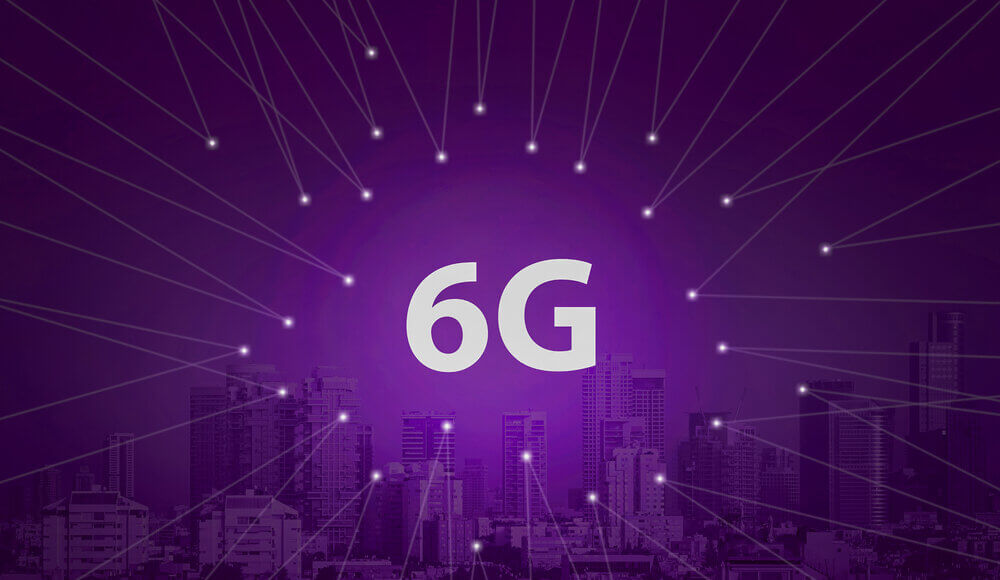EXECUTIVE SUMMARY:
The next generation of connectivity is on the horizon. It’s expected to be 100X faster than 5G. Possibly 1,000X faster. But it’s not just about connectivity speed…
Active use of 6G is likely to have powerful, game-changing business implications. Experts expect that 6G will enable businesses to significantly enhance productivity, foster strategic agility, and to chart new courses for growth.
As compared to 5G, the sixth generation of wireless technology will offer lower latency, more reliable connections, new capabilities, green technology, improved cyber security features and more.
The path to 6G
Major telecommunications groups are choosing divergent paths towards 6G. The company Huawei, for example, prefers to discuss 5.5G. “This cannot be skipped – it’s a prerequisite for 6G,” says Miguel Barroso, a 5G solution architect for Huawei.
The rate of scientific progress will have to keep consumer expectations in check. 6G is a tremendous leap and there’s still a ways to go. But when we get there…
What to expect
The advancements could blur the lines between the real and the virtual on an unprecedented scale, according to researchers. Think holographic meetings, people beamed into 3D digital offices, and avatars that can make authentic-looking eye contact in real-time. A prevailing belief is that 6G will enable millions of people to access metaverse-like virtual spaces in parallel.
What executives should know about 6G
- 6G will bring about new business opportunities. With faster speeds, increased bandwidth, and lower latency, 6G can support business opportunities that were not previously possible. For example, it may enable the development of new applications in areas like machine learning and the internet of things.
- 6G will accelerate and amplify competitiveness. In adopting 6G, businesses will be able to gain competitive advantages over rivals. Your business can use the technology to improve operational efficiency, to develop new products and services, and to better engage with customers.
- 6G is expected to result in greater innovation. The development and deployment of 6G will require new skills and talent, and new infrastructure investments. This will create opportunities for innovation and collaboration, leading to the development of new solutions that can benefit a given organization and an industry as a whole.
- 6G will enable greater flexibility. From remote work arrangements to remote factory management, more flexibility can lead to increased employee satisfaction and increased productivity.
- 6G will future-proof businesses. By investing in 6G, executives can future-proof businesses and ensure that they’re prepared for the next wave of technology advances. Future-proofing an enterprise makes it easier to stay ahead of the curve and to respond to new challenges and opportunities as they emerge.
In general 6G has the potential to yield significant benefits for businesses. In embracing the technology, executives can position their businesses for success in the years ahead.
More information
While a spectrum of verticals will benefit from 6G, the healthcare implications could be particularly revolutionary. Small and smart sensors may be able to float through our bloodstreams to monitor and measure different aspects of health. The results could help address issues before they become full-blown crises.
Nokia CEO Pekka Lundmark remarked that when 6G arrives, “the smartphone as we know it will not be the most common interface…many of these things will be built directly into our bodies.”
For more information about the latest emerging technologies, please see CyberTalk.org’s past coverage. Want to stay up-to-date with the latest and greatest in cyber security? Check out the CyberTalk.org newsletter! Sign up today to receive top-notch news articles, best practices and expert analyses; delivered straight to your inbox.




